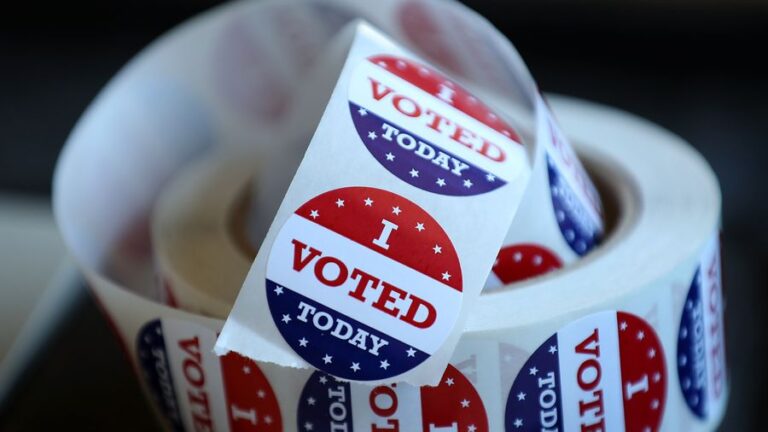A Senate bill that could restore voting rights to convicted felons in Kentucky has been proposed.
Sen. Brandon Storm, R-London introduced Senate Bill 164 on Feb. 21. It proposes an amendment to the Constitution of Kentucky. It would allow convicted Kentucky felons the right to vote three years after their sentences are served. As of Mar. 6, the only way for convicted felons to restore their voting rights is an official pardon from the governor. An expungement of their conviction acted as another option.
According to the American Civil Liberties Union, Kentucky is one of only two states that bar all convicted felons from voting. The other is North Carolina.
Cindy Heine, legislative liaison for the League of Women Voters of Kentucky, estimates the bill would restore voting rights to 161,506 disenfranchised Kentucky residents.
“It is long past time for Kentuckians to be permitted to vote on a constitutional amendment to determine whether the permanent ban on voting should be lifted,” the League said in a report on the proposed bill.
The League commissioned a statewide poll in January. It found that 68% of Kentucky voters support the automatic restoration of voting rights, while 24% oppose it.
Rep. Keturah Herron, D-Louisville, introduced a similar bill, House Bill 97, on Jan. 4, 2023. The terms proposed in Herron’s bill are largely the same as Storm’s. However, restoration of rights would take place five years after a sentence is served in Herron’s bill.
“I believe that having voting rights restored — it’s about dignity, it’s about humanity and it’s about letting people know that we see you and we want to hear you,” Herron said during the proposal of House Bill 97.
In 2019, Kentucky Gov. Andy Beshear signed an executive order. It restored voting rights to 140,000 individuals who were convicted of non-violent felonies. However, executive orders can easily be overturned once a new governor is appointed. Former Kentucky Gov. Steve Beshear signed a similar executive order. Yet, his successor Matt Bevin overturned it in 2015. Supporters of Senate Bill 164 see it as a more permanent solution to the issue of disenfranchisement. To them, it offers a wider scope.
“I am one of the 161,000 people that remain disenfranchised due to a felony conviction because I was not impacted by the governor’s direct executive order,” Kentucky resident Marcus Jackson told LEX18. “The conviction that prevents me from having my rights automatically restored was from 1992. I was 19 years old and really it’s so painful to me right now because that is a crime I did not commit.”




